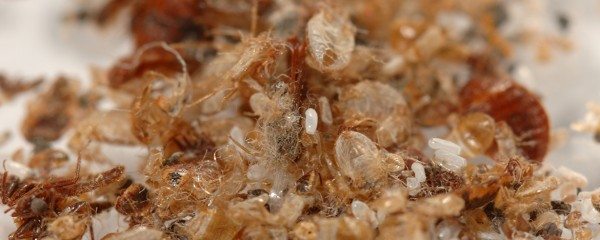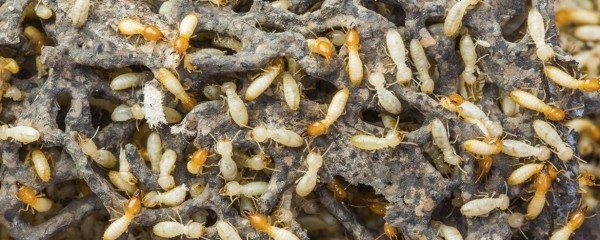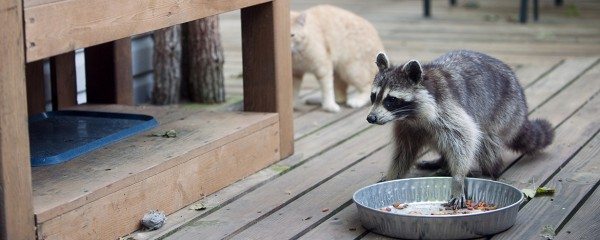Welcome to Maxim Exterminators!
Long Island Pest Control Experts
Call Us | (631) 732-6348
Call Us | (631) 732-6348
Maxim Exterminators serves the Long Island area and has been keeping homes and businesses pest free for over 40 years! We offer certified indoor and outdoor pest control services , humane nuisance wildlife control services, bed bug control, and termite control for residential, commercial and industrial customers.
Maxim Exterminators, Inc. is a family run business and has been keeping homes and business pest free since 1979. Our pest management professionals are New York State Certified and are trained to protect your home or business against pests using the latest techniques.
Each year, thousands of homes across the United States are infested with unwanted pests, especially when the weather begins to change. In the fall and winter, most homeowners complain about unwanted rats or mice in their homes, which find their way in through any access point available, to escape the cold weather. In the spring time, the season usually begins with calls of ant invasions, flies, ticks, spiders, mice, bees, wasps and hornets. There are also insects such as cockroaches and fleas that are not partial to any time of year, but rather can show up at any given time. This is when you know it’s time to call a certified exterminator Long Island.
Often overlooked, professional insect removal by exterminators Long Island is imperative to a healthy home. Insects can bring many diseases such as the West Nile Virus, Encephalitis, foot and mouth disease and a slew of other intestinal or viral disorders to those that live in your home. Wherever insects land or crawl, they leave behind a trail of their fecal matter.
Often overlooked, because it is usually very hard to see with the naked eye, their fecal matter causes illnesses and allergies that are not usually diagnosed, as they may be mistaken for other things, such as seasonal allergies or a stomach virus. Ticks especially can cause Lyme Disease, which can kill you. Roaches and ants are not easily eradicated, as you must kill the entire colony in order to prevent any sort of return to your home.
Although stores across the country offer at-home sprays and remedies for any of the unwanted pests mentioned above, the truth is that only a professional exterminator Long Island can actually get them out and keep them out. What many homeowners fail to realize is that these pests are not only a nuisance, they are actually extremely dangerous to the health of yourself, your family and your pets. Fecal matter from rats and mice not only produce unwanted smells in the home but can also create unsafe conditions for you and your family.
If you have ventured into your attic or crawl space and have noticed small piles of droppings or have noticed unexplainable stains on your ceiling or on your walls, you may have a rat or mouse infestation in your home. The location where feces has accumulated creates an ideal place for sickening germs, viruses and other pathogens to thrive. These conditions require professional remediation by exterminators Long Island and should not be taken lightly.
Many homeowners feel that they can take matters into their own hands when they have a rat or mouse infestation. There are traps and glue strips readily available to catch whatever might be taking up residence in your home. The problem is that the carcass is inevitably left in your home, which can cause even more odor and chance for disease and needs to be removed.
Our Suffolk County wildlife removal methods provide a more humane solution that actually causes rodents to venture outside to seek water, where they will eventually die and be left to the elements, instead of in your home.





